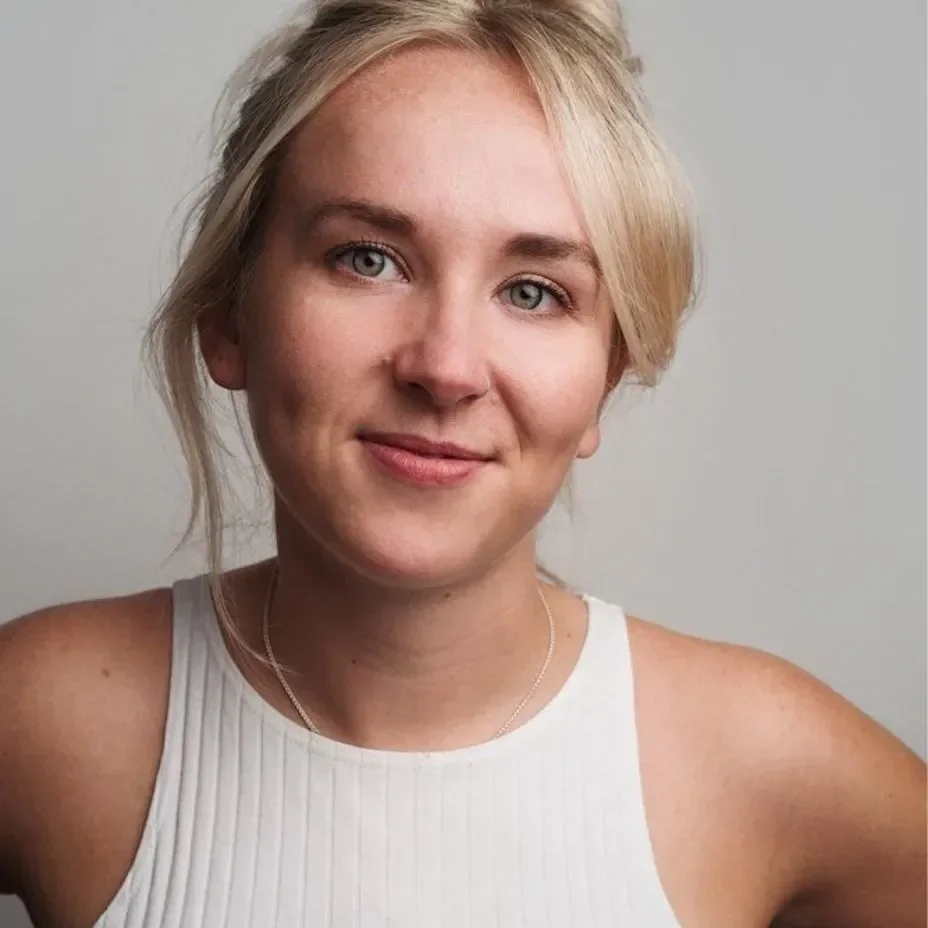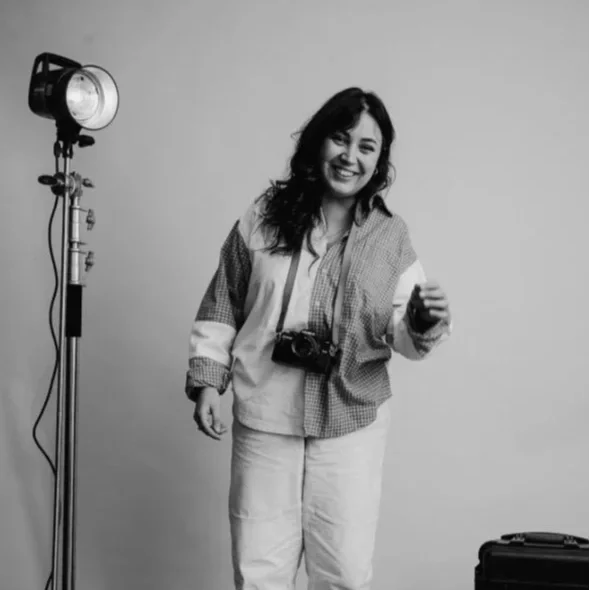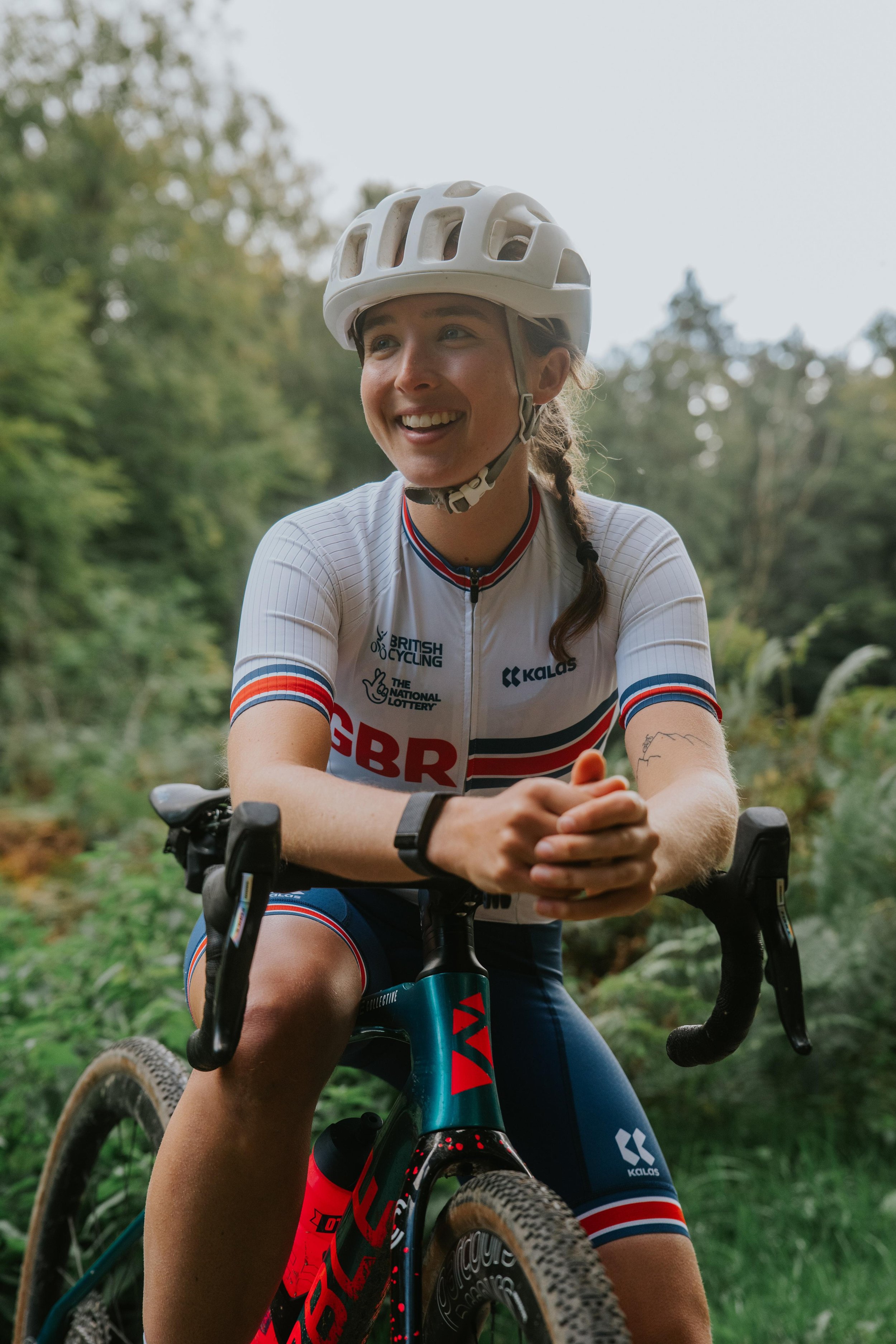Championing neuroinclusive practices in sport
Sport should include every mind.

Help us build a world where neurodivergent people can thrive through sport.

Neurodiversity In sport: why we exist
Neurodiversity refers to the natural variation in how all human brains function. It includes people with autism, ADHD, dyslexia, dyspraxia, OCD, and other cognitive differences - individuals whose thinking styles differ from what’s typically expected.
But in a world designed around neurotypical norms, neurodivergent people often face systemic barriers to participation, recognition, and success. That’s why deliberate inclusion, tailored support, and equitable opportunities are not optional - they are essential.
This is why we exist.
Who we are & what we do
We are the leading not-for-profit championing neurodivergent people in sport. Our mission is to empower athletes, participants, volunteers, and professionals at every level - and our vision is a future where neuroinclusive practice is the norm, not the exception.
Driven by lived experience and expert insight, we unite researchers, advocates, neurodivergent athletes, and inclusive coaches to create lasting change.
Through education, advocacy, and tailored support, we help clubs, teams, organisations, and governing bodies embed neuroinclusive practice - so everyone can thrive, from grassroots to elite.

Participation in sport is disproportionately critical for neurodivergent people.


Yet sport too often reflects the exclusion found in wider society.
For many, sport is the only place they feel successful, included, or understood.
News & Blog

Neuroinclusive sport can’t wait
-
Mental health improvements and suicide prevention
Sport provides routine, connection, and purpose—powerful protective factors for mental health, and vital support in preventing isolation and crisis.
-
Support for emotional regulation and sensory needs
Physical activity can help manage emotional intensity, while flexible sport settings can respect sensory preferences and needs.
-
Safe and structured communication
Sport offers clear rules, routines, and shared goals—creating a predictable space to communicate confidently and thrive socially.
-
Social inclusion and team belonging
Being part of a team builds connection, acceptance, and community—helping neurodivergent people feel seen, valued, and genuinely included.
-
Trusted adult relationships and role models
Sport gives space to explore and express identity, challenge stigma, and celebrate neurodivergent ways of thinking, moving, and leading.
-
Opportunities for success when other systems fail
Where education or employment may exclude, sport can highlight strengths, offering achievement, recognition, and self-worth through different measures.
-
Pathways to education, employment, and leadership
Sport can be a gateway to qualifications, careers, and leadership roles—enabling neurodivergent people to turn passion into opportunity.
-
Identity, creativity, and advocacy
Sport gives space to explore and express identity, challenge stigma, and celebrate neurodivergent ways of thinking, moving, and leading.





























